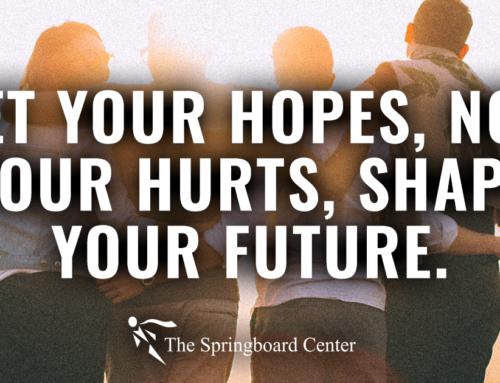Any person, whether they are in recovery or not, should learn to develop effective coping skills. Coping skills refer to strategies used to help you get through difficult situations that life throws at you. Everyone has ups and downs. Stressful situations are inevitable and that is when our strength is put to the test. For many years, you may have turned to drugs and alcohol to help handle circumstances that came your way. In the beginning, they can aid in making you feel better about certain situations. Yet, after a short period of time, they create more problems than they solve. Using substances in response to stress is not an effective coping mechanism.
Counselors in treatment facilities help you get to know yourself and can offer healthy solutions to deal with life’s drawbacks. Stress is the number one trigger. Starting a physical exercise routine can help get frustrations out. As you exercise, your body releases cortisol, which is a mood enhancing chemical in the brain. It helps to regulate thinking and lends the ability to produce effective solutions. Mental exercise, such as mindfulness and meditation, is equally as great. Meditation can help the mind achieve a complete state of relaxation and calmness, which is needed if we are to overcome our stressors. The mind, body, and spirit all work together during meditation to create calmness and tranquility within ourselves.
Journaling is another proven stress reducing technique that most treatment centers advocate. Many will even provide a notebook and pens to encourage writing. Writing down what is bothering you and being able to see it on paper, makes it seem much smaller. The action of writing aids in getting your frustration out physically. Sometimes it can be hard to identify what is getting you down, but the art of writing identifies the problem and precipitates a solution.
Having someone you trust, such as a sponsor, mentor, or friend can be really important to get you through difficult situations. It helps to have an objective view on a problem. Listening to someone else’s experiences and seeing the way they have gotten through life’s challenges can give us hope and strength to move forward. Learning to find positive ways of coping with emotional experiences is crucial to recovery. If you don’t have appropriate strategies, you may begin to reminisce about former drinking and using days and see them in a positive light. When you have effective ways of coping, you are able to accept challenges with open arms and not fear the future.
The Springboard Center is a knows that treatment for addiction and alcoholism is important to you. That is why we are committed to providing you the best proven practices for treatment so you can live a full life of recovery. Call us today for information on our residential treatment program and sober living: (432) 620-0255



